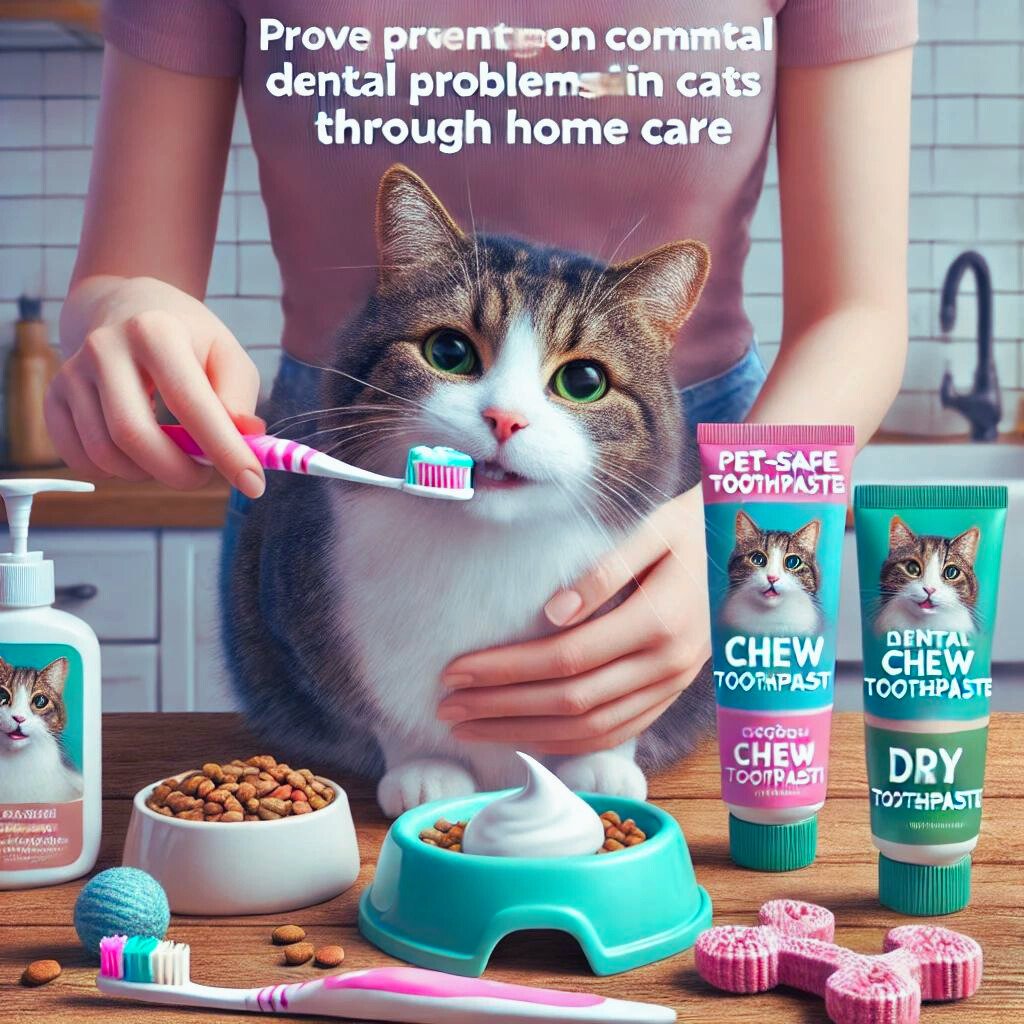Preventing Common Dental Problems in Cats: Home Care Tips and Tricks
Dental care for cats at home is a topic that often gets overlooked. Many cat owners are unaware of the importance of maintaining their feline friend’s oral health. However, just like humans, cats can suffer from a variety of dental issues, including gum disease, tooth decay, and even tooth loss. Therefore, it’s crucial to understand the importance of dental care for cats at home. With a little bit of knowledge and some simple home care tips and tricks, you can help prevent these common dental issues and keep your cat’s teeth pearly white.
Firstly, let’s talk about the importance of regular brushing. Yes, you heard it right! Brushing your cat’s teeth might sound like a daunting task, but it’s one of the most effective ways to prevent dental problems. Ideally, you should aim to brush your cat’s teeth daily, but even a few times a week can make a significant difference. Use a toothbrush designed for cats and pet-safe toothpaste, which is available in flavors like chicken or fish to make the process more appealing to your pet. Remember, human toothpaste is not safe for cats, so always use a product specifically designed for pets.
Next up, let’s discuss diet. What your cat eats can have a significant impact on their dental health. Dry food can be beneficial because it can help scrape off plaque and tartar from your cat’s teeth. However, it’s not a substitute for brushing. Some cats may also need a special dental diet, especially if they’re prone to dental problems. Always consult with your vet before making any significant changes to your cat’s diet.
Chew toys can also play a role in maintaining your cat’s dental health. Chewing helps stimulate saliva production, which can help wash away food particles and bacteria. Plus, many chew toys are designed to help clean your cat’s teeth as they play. Just make sure the toys are safe and appropriate for your cat’s size and chewing habits.
Regular check-ups with your vet are also crucial. Even with diligent home care, your cat should still have a professional dental cleaning at least once a year. Your vet can also check for any signs of dental problems that you might have missed. Early detection is key when it comes to treating dental issues, so don’t skip those vet visits.
Lastly, pay attention to your cat’s behavior. Changes in eating habits, bad breath, drooling, or pawing at the mouth can all be signs of dental problems. If you notice any of these signs, it’s best to consult with your vet as soon as possible.
Dental care for cats at home involves a combination of regular brushing, a healthy diet, the use of chew toys, regular vet check-ups, and being vigilant for signs of dental problems. It might seem like a lot of work, but remember, a little bit of prevention can go a long way in maintaining your cat’s dental health. Plus, your cat will surely appreciate the extra care and attention. After all, a healthy cat is a happy cat!
